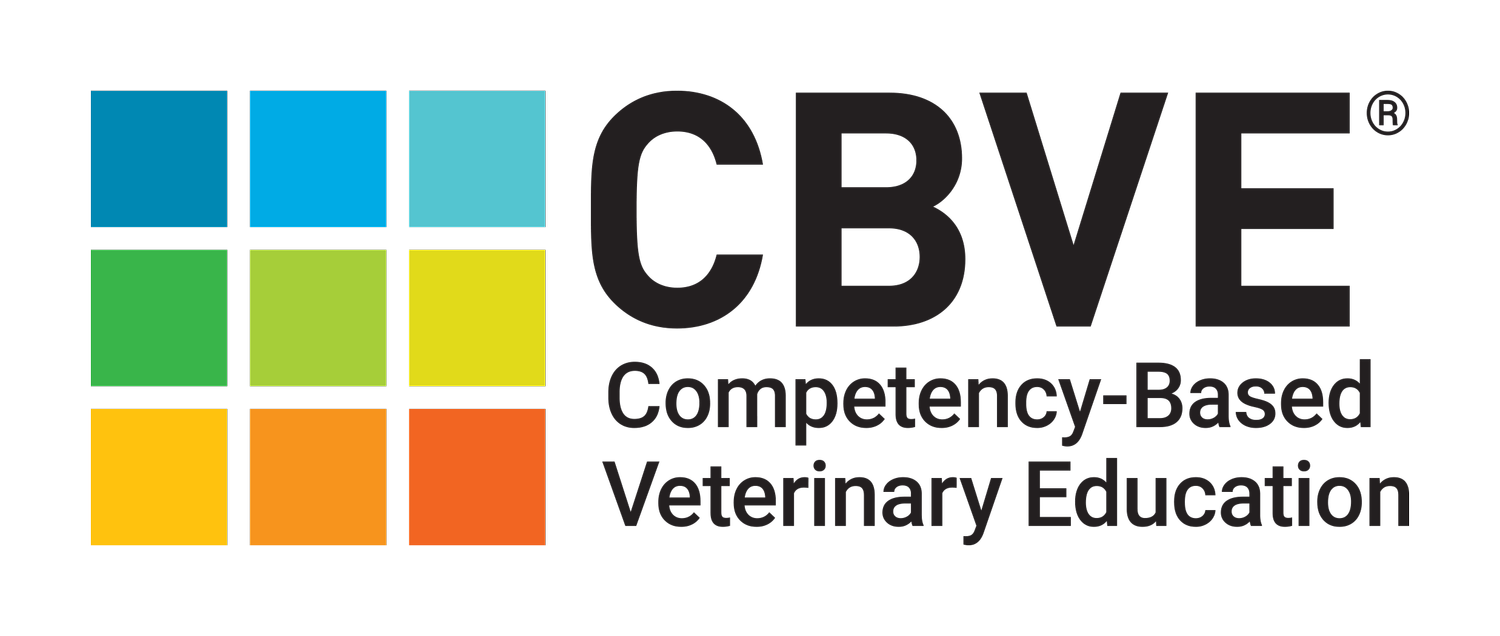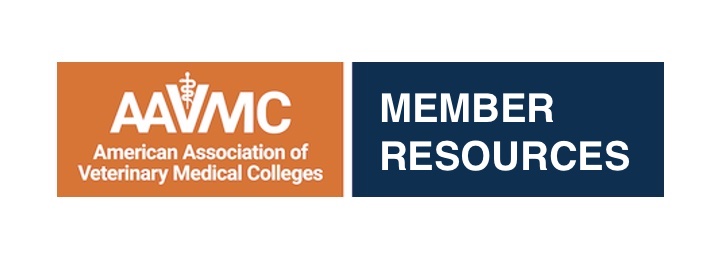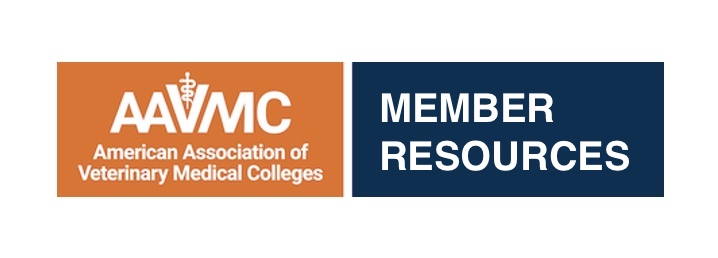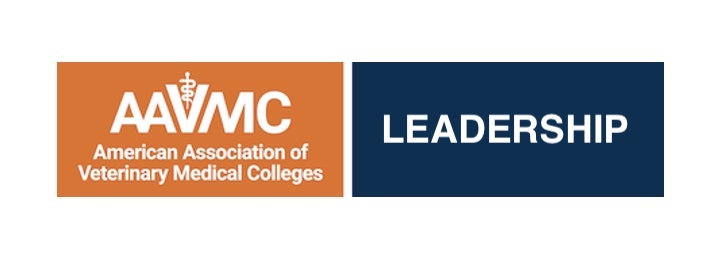
External facing description goes here.

This course is designed to provide key insights into the American Association of Veterinary Medical Colleges (AAVMC). Whether you're a seasoned volunteer or new to the AAVMC community, this course serves as a valuable resource for understanding the various ways you can contribute to advancing academic veterinary medicine.

Technical standards for veterinary education are an increasingly important topic given the rise in the admission of students with disabilities across the health professions education. In 2022, the AAVMC convened a committee, which included a diverse group of Veterinary Medicine faculty and external disability experts, to engage in a robust conversation regarding technical standards for Veterinary Medicine. The outcome of the four-month-long interactive process was the creation of an exemplar set of technical standards.
To disseminate, provide context, and assist schools in developing technical standards that reflect the value of Veterinarians with Disabilities and advances in technology and communication access, the AAVMC is offering a free webinar for its members.
The presenters will provide an overview of their committee's process for review, the legal and educational implications for technical standards, the importance of welcoming and inclusive language, review examples of inclusive and restrictive technical standards domains, outline reasonable clinical accommodations, and present the final set of exemplar standards for program consideration.
In addition to the webinar, learners will also have access to additional resources: a book chapter on Technical Standards and a document with the exemplar set of technical standards.

